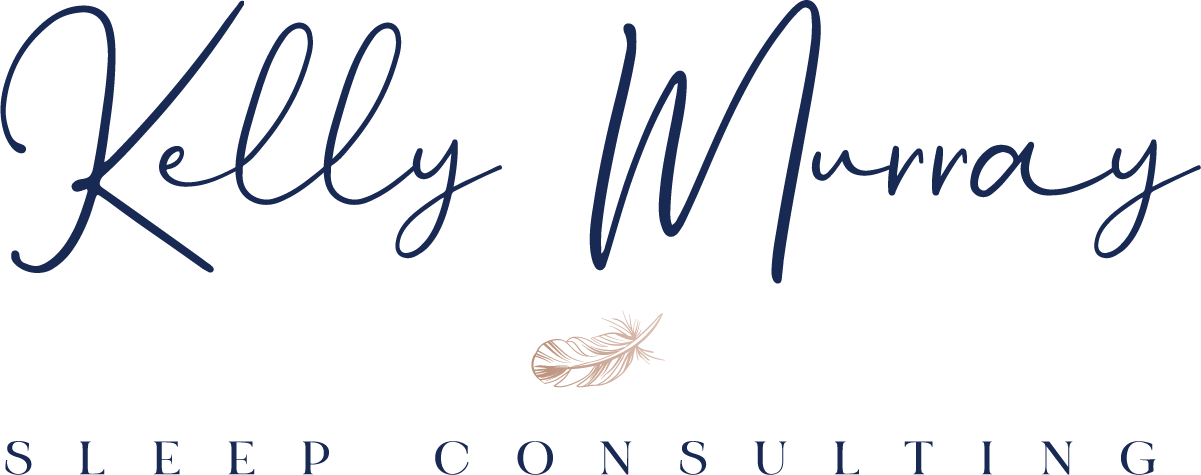The Relationship Between Caffeine and Sleep:
How to improve your sleep while keeping caffeine in your life — or eliminating it altogether.
It could be said that America runs on caffeine. 90% of Americans report consuming some form of caffeine on a daily basis — and that's not far off from the 70% of Americans who report insufficient sleep.
Now, I'm not blaming all of our sleepless nights on caffeine consumption. But... I'm sure our love affair with the drug doesn't help matters! That's because caffeine can interfere with our sleep pressure.
Sleep pressure? What is it and what does it have to do with a cup of coffee?
Sleep pressure is basically our desire to sleep — our level of sleepiness. Sleep pressure is driven by a chemical called adenosine, which is produced while we’re awake. Our adenosine levels continue to rise the longer we’re awake. The adenosine then connects to neurons in our brains and makes us sleepy. Well, caffeine connects to those same neurons and prevents the adenosine from doing its job. (That's why caffeine keeps us alert!)
First thing’s first: caffeine DOES provide some health benefits!
Don't get me wrong — caffeine is not without its merits. With moderate consumption, caffeine may reduce the risk of some forms of cancer, type 2 diabetes, stroke, depression, Alzheimer’s, and Parkinson’s disease. And your sensitivity to caffeine depends on your genetic makeup, your age, and weight.
So if you're the type of person that can drink double lattes all day long and still get 8 hours of sleep per night, then there's no problem and I wouldn't change a thing! However, if you have issues with your sleep, I would take a close look at your caffeine consumption. Specifically, how much you consume and when. Then consider either cutting back or weaning completely.
How long does it take to get caffeine out of your system?
Caffeine has a pretty long half-life. The half-life is somewhere between 5-to-6 hours. So if you drink a cup of coffee at 3:00 PM (which is very common as that’s typically when we experience a lull in our energy levels), only half of it will be depleted by 8:00 PM — and 100% won't be depleted until 1:00 AM. You can see how it can contribute to sleep issues.
So, how much caffeine IS safe for adults?
The US Food and Drug Association claims that it's safe to consume up to 400mg of caffeine per day, which is actually a lot. That's the equivalent of four 8oz cups of coffee, two energy drinks, or six 12oz sodas.
Ok, now let’s take a good look at how caffeine affects your sleep and what to do to get a good night's sleep:
1. Cut back on the amount and have your last caffeine boost earlier in the day
Now, I'm not saying you should continue to drink 4 cups of coffee. But if you do and you have issues sleeping, you should probably cut back (at least one to two cups). Also, take a look at when you're consuming caffeine. Research shows that if you consume caffeine within a six-hour range of bedtime, it can decrease your total sleep duration by one hour. So with that in mind, I would cut off all caffeine consumption by at least 2:00 PM — and best practice, by noon.
2. Taper your caffeine intake
You may also consider tapering your caffeine consumption. What I mean by that is, drink your coffee first thing in the morning, and then by mid-morning, switch to half-caff, and then by noon, switch to tea.
3. For the brave souls who want to go cold turkey on caffeine...
If you want to cut out caffeine completely, I would recommend using a slow wean-down approach as opposed to cutting it out cold turkey. If you do go cold turkey, you could experience some pretty serious withdrawal symptoms — such as fatigue, headache, and flu-like symptoms, such as body aches and vomiting. Take it from me — I decided to drop caffeine cold turkey one weekend and spent the afternoon in bed puking!
I recently learned my lesson the hard way, and now I'm using a slow wean-down approach. What it looks like is: I reduce my caffeine consumption by 75% for 2 weeks, and then I reduce it to 50% for two weeks, then 25% for two weeks, and then I'm going to eliminate it completely. I'll keep you posted on how that works!
As with any relationship, adjusting your caffeine routine can take time!
As I mentioned, caffeine isn't the root of all evil when it comes to sleep. However, it's probably not doing you any favors. If you think about it, after a poor night's sleep, you tend to drink coffee the next day. And what's going to happen? You're probably going to have another bad night of sleep. And then you're going to wake up even more tired — and want even more caffeine. So it's a vicious cycle that you may want to consider breaking.
Bonus
Now that you know ALL about caffeine and sleep, you may be interested in learning a bit more on how other food and drinks affect sleep. Learn about which foods and drinks to avoid that will help you sleep better at night→
Let’s Get You Sleeping!
If you're interested in learning more, you can book a free 30 minute discovery call. I can walk you through a caffeine reduction plan that works for you! It’s all about enjoying life and getting you the sleep that you need.
Sweet dreams.
Kelly Murray is a certified sleep coach and an award-winning pediatric sleep consultant based in Chicago offering sleep coaching services nationwide.








